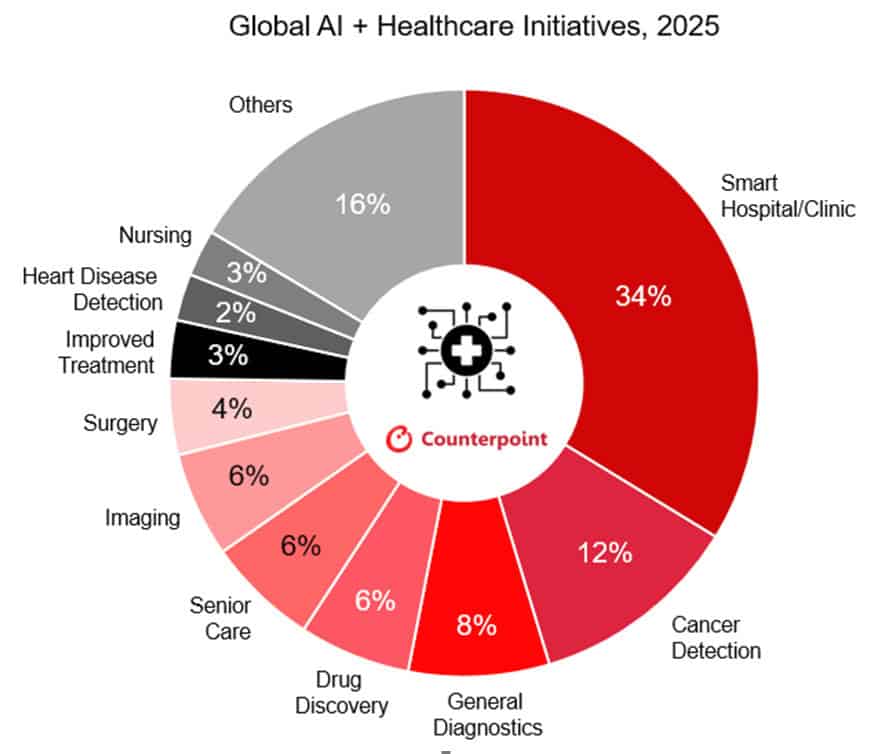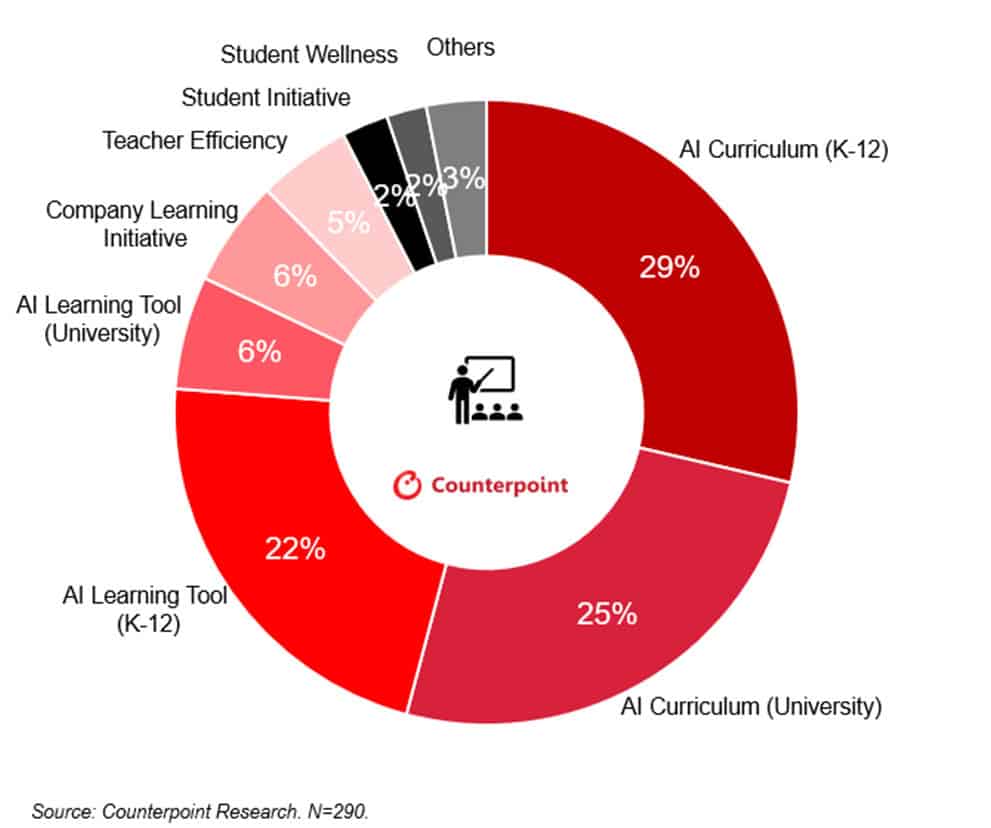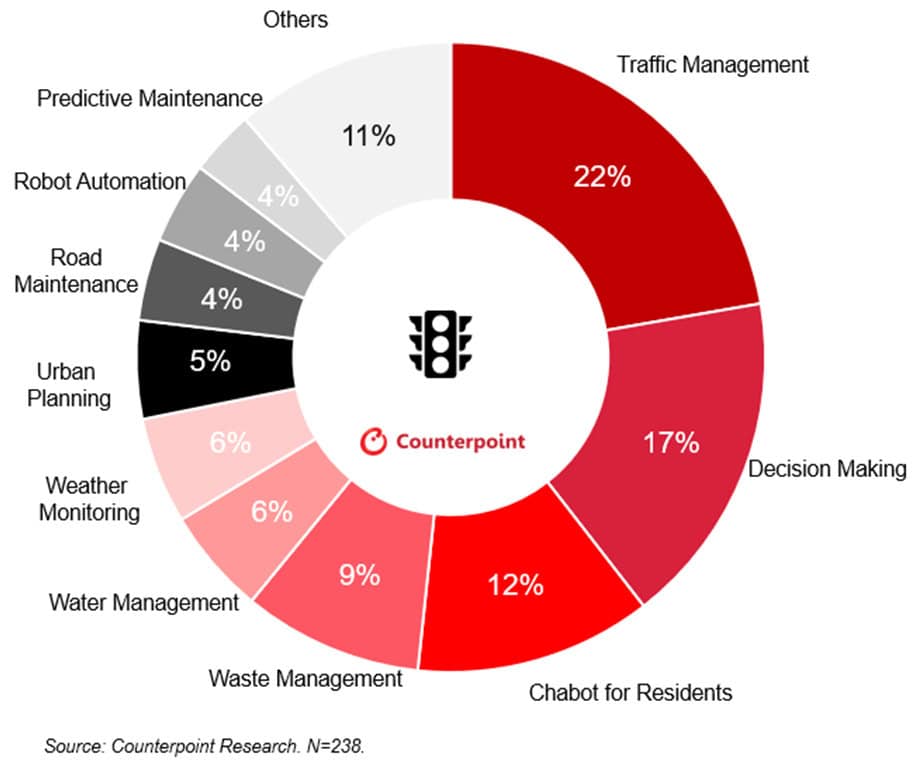As Asia continues to accelerate its digital transformation in 2025 and 2026, chief operating officers and heads of businesses will find the latest insights from Counterpoint Research’s 2025 Global AI Cities Index particularly illuminating.
The study identifies Singapore as the world’s leading AI city, with Seoul, Beijing, Dubai and San Francisco rounding out the top five.
These cities are not only integrating AI into their economic and public infrastructures but also setting benchmarks for others in the region in healthcare, education, and city management.
AI in healthcare

Healthcare has emerged as the number one priority for AI deployment worldwide, with Seoul, Singapore and Madrid leading innovations that promise to revolutionise patient care and operational efficiency.
Notably, Seoul’s Ewha Woman’s University Seoul Hospital employs an AI-powered chatbot system to manage appointment bookings and enquiries 24/7, freeing up human resources while improving responsiveness.
AI is also increasingly used for diagnostic purposes—such as cancer detection—and research, including drug discovery.
For COO-level strategists, this suggests significant opportunities for partnership with healthcare providers harnessing AI to improve service quality and reduce costs.
AI in education

Education, ranked second in AI city activity, signals a new frontier in workforce preparedness and digital literacy. Beijing has become a standout, mandating AI training in K-12 curricula starting September 2025, reflecting a strategic, long-term investment in future talent pipelines.
With personalised AI tutor-chatbots and AI tools being adopted rapidly in schools and universities, COOs should anticipate a new generation of employees more fluent in emerging technologies, enabling businesses to leverage AI capabilities with greater ease.
AI in city management

City management follows as a third crucial sector where AI is shaping more agile, citizen-centric urban environments. Bengaluru leads here, utilising its robust IT infrastructure to implement AI for traffic optimisation, automated building permit processing, and government chatbot services—all designed to streamline administration and boost transparency.
Asian cities are thus emerging as practical testbeds for innovations that can directly improve business environments, from reducing logistical friction to enhancing public service delivery.
“Smart Hospitals & Clinics was the most popular initiative (34%) as AI Cities have recognised the need to digitise and automate healthcare functions,” noted Counterpoint Research.
Similarly, “introducing AI into the K-12 curriculum was the most common (29%) education initiative,” underscoring a clear trend toward embedding AI readiness at the earliest stages of education.
For COOs keen on steering their organisations through Asia’s AI-driven future, these trends highlight where investments and collaborations will accelerate growth.
Aligning operational strategy with advancements in AI-powered healthcare, education reform and city management innovations is key to maintaining competitive advantage in one of the world’s fastest-evolving regions.



